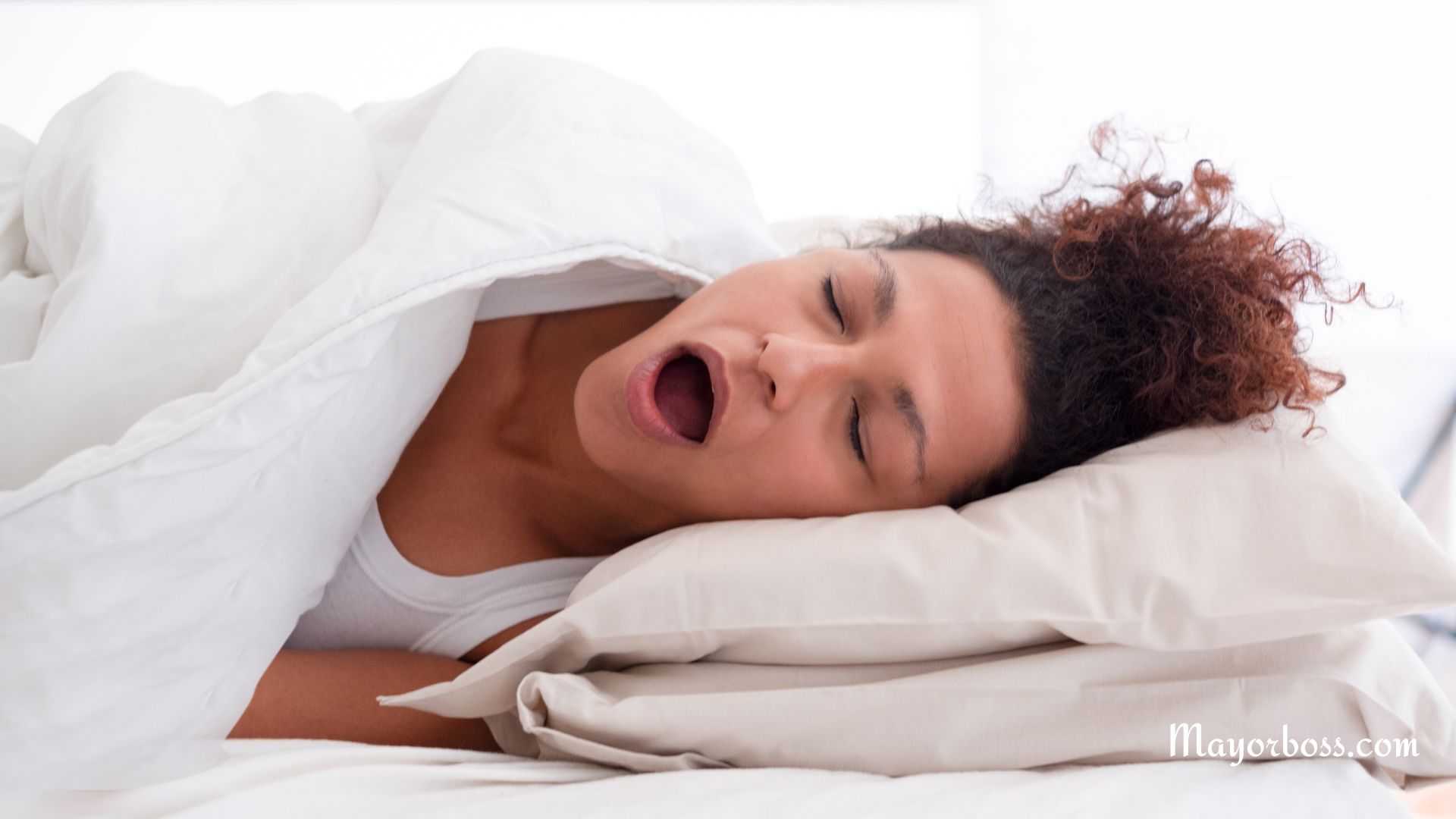Why Do You Drool In Your Sleep?
Have you ever woken up with a wet pillow and wondered, “Why do I drool in my sleep?” You’re not alone in this slightly embarrassing but common experience. Drooling, technically known as sialorrhea, happens to many of us. Understanding why it occurs can help you address it if it’s a concern. This article will review why you drool in your sleep and treatment options.

What is Drooling
Drooling is simply the flow of saliva outside the mouth. Saliva plays a crucial role in your oral health, aiding in digestion and keeping your mouth moist. But when you’re asleep, control over swallowing can be reduced, leading to drooling.
Causes of Nighttime Drooling
- Sleeping Position: The most common reason for drooling is your sleeping position. Sleeping on your side or stomach can cause saliva to pool in your cheek and then dribble out. In contrast, back sleepers are less likely to drool.
- Sinus Issues or Allergies: Nasal congestion can force you to breathe through your mouth, increasing the likelihood of drooling. When your nose is blocked, saliva can’t drain back down the throat as efficiently.
- Medication Side Effects: Certain medications can increase saliva production or relax the muscles around your mouth, leading to more drooling.
- Neurological Conditions: In some cases, drooling can be related to underlying medical issues, particularly those affecting muscle control, such as Parkinson’s disease or stroke.
- GERD (Gastroesophageal Reflux Disease): This condition can increase saliva production as the body tries to neutralize stomach acid that enters the esophagus.
- Dental Issues: Misaligned teeth or poorly fitting dentures can make it harder to keep saliva in the mouth.
Is Drooling Harmful?
Generally, drooling is harmless. However, excessive drooling can lead to skin irritation around the mouth or chapping. If you notice persistent or excessive drooling, especially if accompanied by other symptoms, it’s wise to consult a healthcare provider.
Managing and Preventing Drooling
Here are some tips to help reduce or manage drooling:
- Change Your Sleep Position: Try sleeping on your back. It might feel odd at first if you’re used to other positions, but it could significantly reduce drooling.
- Manage Allergies and Sinuses: Keep allergies and sinus issues in check. Using a nasal decongestant or an air purifier can help keep your nasal passages clear.
- Stay Hydrated: Drink enough water throughout the day. Dehydration can thicken your saliva, making it more likely you’ll drool.
- Oral Hygiene: Good oral health practices, such as regular brushing and flossing, can also reduce drooling, especially if dental issues are the cause.
- Consult a Professional: If you suspect your medication is the culprit or if you have underlying health conditions, talking to a doctor is crucial. They can offer solutions tailored to your specific needs.
When to See a Doctor
While occasional drooling is usually not a cause for concern, you should see a doctor if:
- You suddenly start drooling excessively.
- Drooling is accompanied by other symptoms like difficulty swallowing.
- You have concerns about sleep apnea or other sleep disorders.
Conclusion
In summary, drooling while you sleep is typically not a cause for alarm. It’s often related to your sleeping position or temporary factors like sinus congestion. However, if it’s frequent and bothersome, or if you suspect it’s linked to a health condition, don’t hesitate to consult a healthcare professional.
